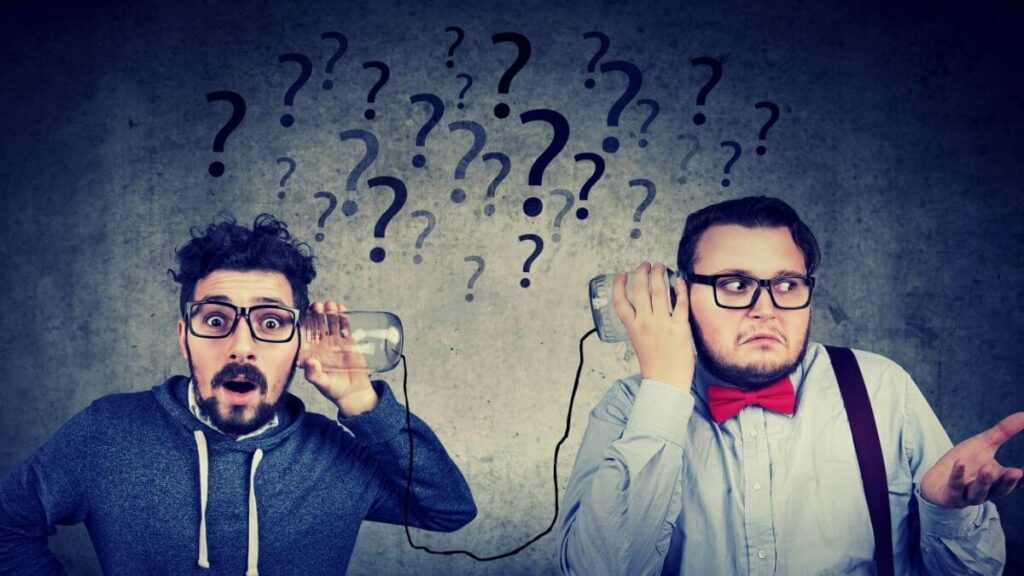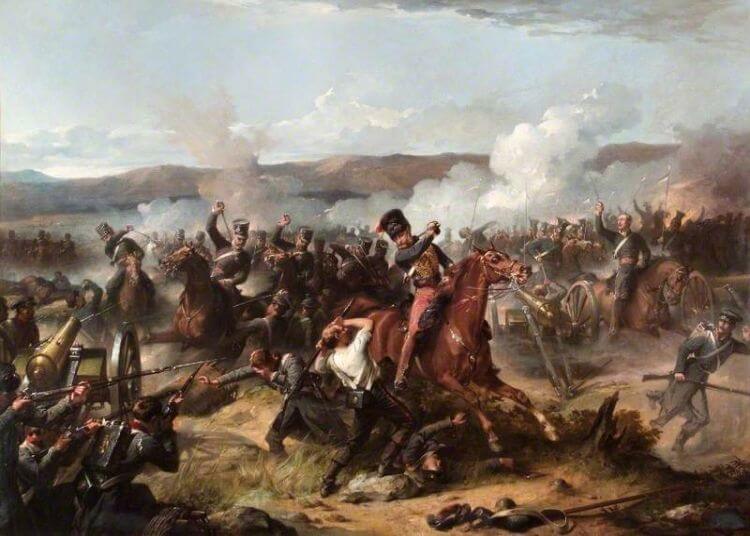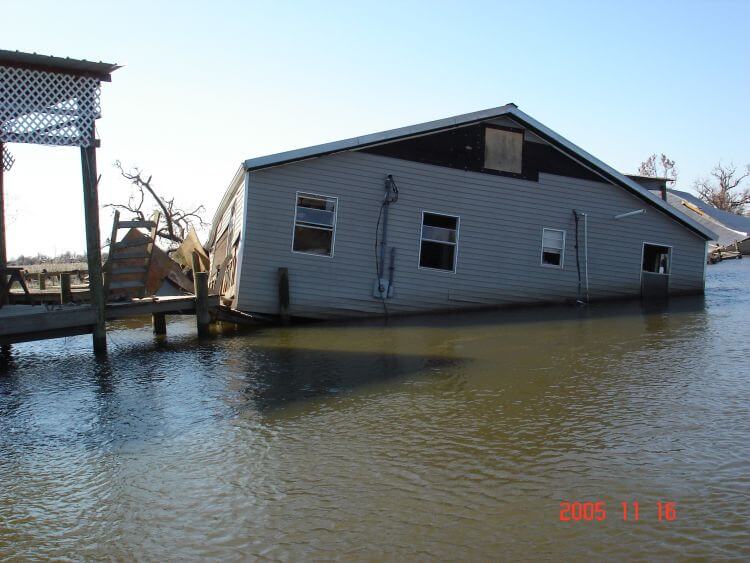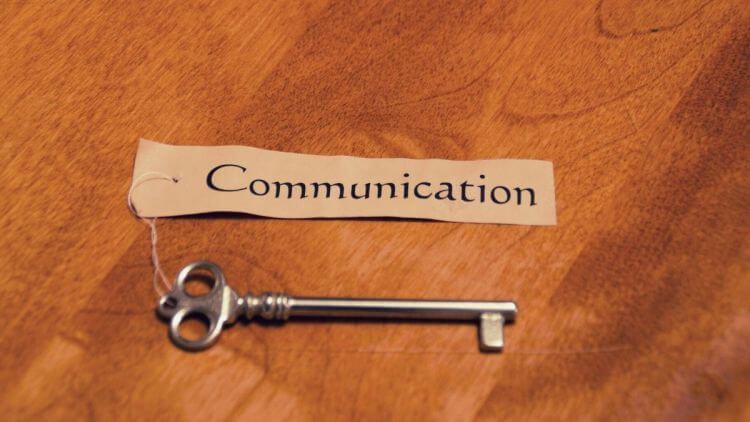
Most preppers start off by pouring their money into guns, ammo, food, and water. And all those things are great. But I have noticed that many preppers seem to focus on these assets (particularly acquiring new guns rather than training with the ones they have) rather than developing one of the most important skillsets and gear set ups that’s available out there: communications.
While people tend to believe that no man is an island, we seem to forget this principle when it comes to disaster preparations. If you just plan to hunker down and wait something out, you are going to have zero information flow coming into your cabin, house, or bunker, unless you have some type of communications plan in place with the gear necessary to carry it out.
This isn’t to say that you need to build an extensive bug out overlanding communication system in your vehicle (though that can’t hurt), but you need to take communication seriously.
Here are seven reasons preppers need to prioritize communications.
1: Communication in a Crisis is Critical
Attempting to survive after a disaster is like trying to walk across a bridge on a cloudy night without a flashlight. It’s pitch black and you can’t see anything. Take the wrong step, and there could be severe consequences.
You know that the consequences are certain death if you fall off, but you still must make your way across the bridge, and so you continue walking, hoping that you will stumble across to the other side in relative safety.
This is why communications matters.
One of the first questions a victim of a disaster tends to have in the immediate aftermath is “where’s my family?” This is peoples’ most pressing need right after an active shooter situation, earthquake, tornado, etc. People need to know that their loved ones are safe.
The absence of this knowledge is mental torture – tying one’s heart in a knot and filling one’s gut with a sense of dread. Many disaster agencies recognize this and have structured their policies accordingly.
FEMA has its “emergency family locator system.” The Red Cross has the “I’m Safe” button on their smartphone app, which automatically notifies your contacts with the app that you’re okay after a disaster. The Salvation Army uses SATERN to locate victims to get them in touch with their families.
Communication in a crisis is vital.
Have you ever heard of The Charge of the Light Brigade?
As the British and Russians fought against each other, Lord Lucan was told that he needed to attack a Russian artillery position. The plan likely would have gone off without a hitch; however, Lord Lucan didn’t communicate effectively with his British superiors. He thought he was supposed to ride his men straight into the artillery’s barrels.
And so, that’s what they did. Every single member of the Light Brigade died as a result. The plan wasn’t to charge straight into the main body of Russian artillery; yet that’s what Lucan thought he was supposed to do. Lucan paid for that mistake with his life and the lives of his men – all because of a lack of proper communication.

This is why communication matters so much in a crisis. Do you have a plan for where your family will rally at in the event of a disaster? Do you have the radio gear necessary to communicate significant distances to others in your region? Can you gather information from long-distance via radio?
These are all questions that the prepper should consider.
2: Communications = Knowledge
Picture this: The Event has taken place. You live in an Eastern European country, and your land has just been invaded by foreign troops. These troops have a long history of brutality, and you are no stranger to the history book. You know that these people are going to engage in a campaign of rape and murder as they burn their way through your country.
You and a small group of others are doing what you can to survive, and that means avoiding contact with large bodies of soldiers as much as is possible. All it takes is one wrong turn on the street and you could easily find yourself face to face with a platoon of hostile men with their weapons trained on you.
What you need is information, and you need it desperately. Information is power. It’s what allows you to know where it is safe to go, where it is not, when to go, and when to stay.
Consider the Aussie Diggers of Timor.
During World War 2, these Australian soldiers found themselves behind enemy lines on the Japanese-occupied island of Timor. If these men were to stand any chance of making it through the fight alive, they needed to know where the Japanese were at, when they were going to be there, what their numbers were, and more.
And so, what did the Diggers do? They built a radio.
Information matters. It gives you the ability to make wise and safe decisions. Do you have the means to gather that information after a disaster?
3: Ability to Help Others
Disasters are dangerous and time does not stop when they strike. People get hurt. Babies are born. People run out of medicine and food. And some of these people may be those you care about deeply.
Are you going to be able to get what they need? And what about your community at large? Are you going to be able to rescue others within your community? During Hurricane Katrina, the bulk of the Gulf Coast states were swamped.
People were trapped in their attics as rising water levels forced them to seek shelter in the only place they could find. And then the Cajun Navy stepped into the scene. Using ham radio, these men were able to step up to the plate and coordinate a cohesive rescue plan for their countrymen, friends, and neighbors.

Their communications skillset and gear provided them the ability to help others after the disaster. Will you be able to do the same?
4: The Ability to Communicate with Help Will Be Needed
At some point in time, you are likely going to need help yourself, especially post-disaster. Consider the case of one 62-year-old Oregonian man. After going out on a hike and falling, he ended up injured.
But he had his ham radio. He was able to use a low-voltage ham radio to send out a morse code signal for help. (I think he was probably using an Elekraft radio. It’s a popular morse code ham radio amongst hikers.)
That morse code message was picked up by a Bozeman, Montana man who was then able to use the incoming information to send rescuers on the way. Your cell phone is not something you will be able to rely upon after an EMP, cyberattack, or other attacks. You will not be able to call in for police, fire, or EMS support as a result.
You’ve likely always had a phone in your home for that reason – so that you could call 911 if you needed. After a disaster, your radio is your 911 connection.
5: Ability to Strategize with Others
Unless you have some means of communications, you’re going to be functioning as an “island” post-disaster. There is safety in numbers, and this is more important than ever when you’re living during an inherently dangerous situation.
But how are you going to network with those others around you if you don’t have some system of communications in place?
During the Rwandan Genocide of the early 90s, Tutsi women were a favorite target of the Hutu. Rape and murder were rampant. Much of Rwanda is composed of small villages and huts tucked away amongst the jungle. While people lived in relative proximity (at least within walking distance) of one another, they were still separated – and there were no cell phones.
Despite this, the Tutsi developed a communications plan. Should a woman be attacked in the middle of the night by the Hutu, she would let out a very peculiar type of scream/wail that had been decided upon beforehand.

Anybody nearby who heard the noise would repeat it as well, screaming at the top of their lungs. This created a chain reaction of people in the area who would be notified of a potential rape, brought in large numbers, and let the victim know that help was on the way.
It was a form of a 911 call.
No radio equipment was necessary, but the planning was. After The Event, are you going to be able to be able to strategize with others so that you can keep your families safe? Have you thought about this?
Personally, I think a great alternative to screaming would be a small collection of whistles. You can easily pick up emergency whistles for a couple of cents on Amazon, and they’re an easy prep to keep on hand.
- Durable material: these emergency whistles uses aluminum alloy and metal keychain, durable and non-toxic material, not easy to break, fade or corrode, double anodized treatment
- Loud whistles: aluminum alloy outdoor survival whistle can make big and bright sound, which can be heard from a long distance, very useful for various emergency situations; When outdoor travel, you...
- Matching key chain ring: each emergency whistle is equipped with a round key chain ring, compact and strong, elegant personality, can be hung on the key ring as an ornament, portable design, easy to...
- Dimension: length of these loud whistles is 4.7 cm/ 1.85 inches, diameter of the these whistles is 0.9 cm/ 0.35 inches, suitable size for your use and storage
If a massive power outage hits your region, and your neighborhood is concerned about looting in your area, these whistles could easily be distributed throughout the neighborhood along with a little chain so that it hangs around their neck.
Should anybody need help or spot some sign of danger, a shrill series of blasts on the whistle could alert others in the area that somebody needed help. Upon hearing the signal, everyone within earshot could congregate at the scene.
This is a super simple prep for a communications plan that only costs $20 or so. No batteries are required, the dumbest of the dumb can figure out how to blow a whistle, and it’s such a convenient means of communications that it’s bound to be where it needs to be (on your person) when it’s needed.
On the opposite end, it could be equally valuable to have silent communication systems for use when/if the need arises.
6: Communications Makes You Valuable
The last reason you need to prioritize the ability to utilize communications: you make yourself valuable to those around you. Nobody wants to be another empty mouth to feed. Let’s say you end up injured after a nasty run-in with an animal post-disaster. Are you going to still be able to contribute to your home in some manner, or are you going to be laid up in bed?
If you have communication skills, you can still be of benefit to your family in such a situation. What if you and your family are forced to bug-out post-disaster with no chance of ever returning to your home (e.g., invasion, fire, etc.). You’re able to live out in the woods together for about two weeks, but you quickly conclude that this isn’t a sustainable lifestyle for any of you. Proper shelter needs to be found fast, and the best way to get that is to join up with somebody with a house.
If you have communications skills, you can prove that you do have value you can bring to the table when it comes to bartering for room and board. Most Americans have zero communications ability outside of their cell phone and internet connection. Should cell towers go down – for whatever reason – you still have become a very valuable asset somebody is going to want on their side.
Why? Because people inherently understand the importance of life-saving intel after a disaster has struck.

Communication is Key
Proper communication is important enough during “normal” times, but after a disaster, if you’re not able to communicate with others around you or not able to communicate effectively, then you could potentially be setting yourself up for a fatal end game.
Don’t fall into the trap of thinking that all your communication needs to be taking place via radio equipment either. How was it that Paul Revere was able to get his message that the British were coming? Was it via a Yaesu FT-5DR digital radio he had rigged up on the back of his horse’s head?
Nope. It was by a simple light. There are silent means of communication as well, and they would be worth your time to explore.
What are your thoughts on the situation though? Do you have other advice on developing a communications plan to share? Are there other reasons you can think of that preppers need to develop a communications plan and skills? Let us know in the comments below!


1 comment
Like most things in a survival mode, communications can be both strategic and tactical. I have decided that tactical comms are necessary in my planning, so I have hand held radios good for miles and capable of encryption for my family. We will be able to communicate in our local area for defense and more. But STRATEGIC comms are also necessary. What is going on in the world at large tat we don’t actually SEE?
I am an electrical engineer and have helped conceive, design, test and field Department of Defense communication systems. But, as a private citizen, I have no idea what is available or, more importantly, what is affordable for the average family.